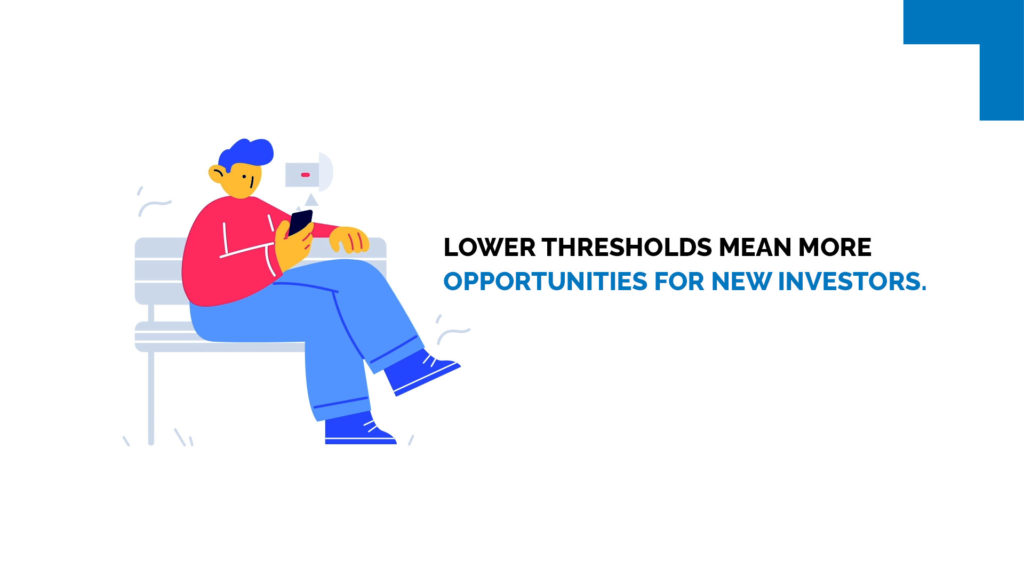We rarely need to leave our homes to deal with our finances anymore. Even buying and selling investments is dramatically different than it was a few years ago because of the ways that technology is changing wealth management.
But technological evolution has done more than just add robo-advisors to the mix of investment options. It’s also opened the doors to a new generation of investors who were previously excluded from the services wealth management firms provide due to high minimum investment requirements.
If you choose the DIY approach, you can open an investment account online and get automated investment tips to guide you through the process.

But there are other equally convenient—yet more robust and supportive—options, too.
Forward-thinking wealth managers today are using technology to cost-effectively service a wider range of clients. “We’re meeting them where they are,” says Tom Holloway, Portfolio Manager at Genus. “And because of the way technology is changing wealth management, we’re able to take down our fees and minimum investment threshold.”
So what exactly does that mean for you?
Gone are the days when only high net worth individuals could invest with a wealth manager. And that’s all thanks to technology.
It means you can get started with your investment strategy via a digital interface, choose the level of interaction you want, and benefit from algorithm-backed picks and allocations optimized to suit your investment goals. Let’s break that down a little further.
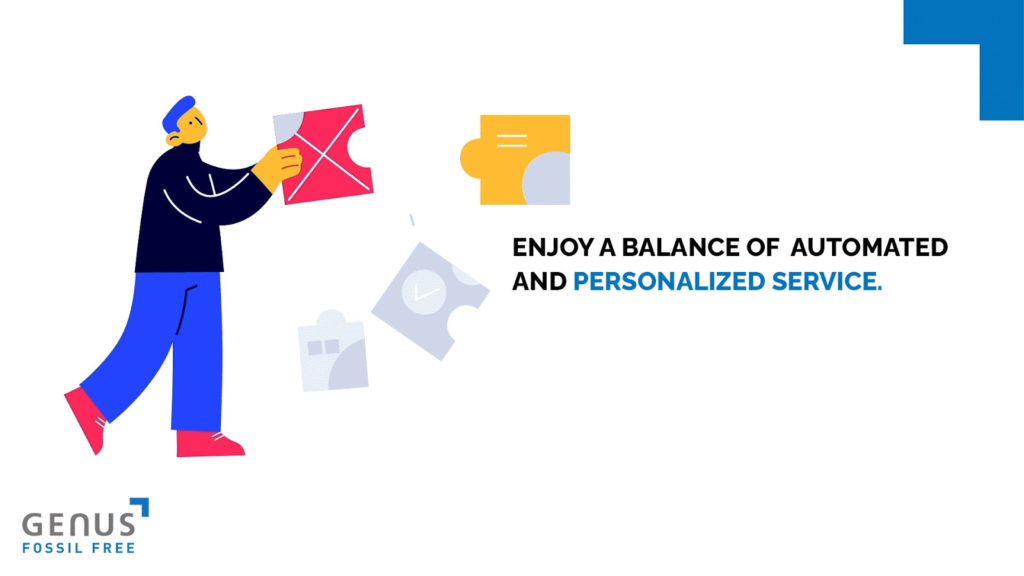
Onboarding Made Easy
Onboarding with a wealth manager traditionally involved stacks of paperwork, in-person meetings and a long wait for processing. Thankfully technology has changed wealth management onboarding processes for the better — making them far more efficient.
Now you can simply go online from the comfort of your home, fill out a form and click submit. “When a client makes the buy decision, it’s like e-commerce,” Holloway says. “You go on the website, find out about the service, maybe make a phone call, and when you’re ready, you hit sign up, fill out your name and address and initiate the relationship.”

And because less paperwork is required in digital onboarding, you benefit from the efficiency gains by way of lower minimums.
Human Advisors Team Up with Technology
While technology-based investment solutions have been growing in popularity since 2008, a 2017 study by Accenture showed that a majority of clients prefer a hybrid approach to investing — essentially, the best of both digital and traditional processes for optimizing their investments.
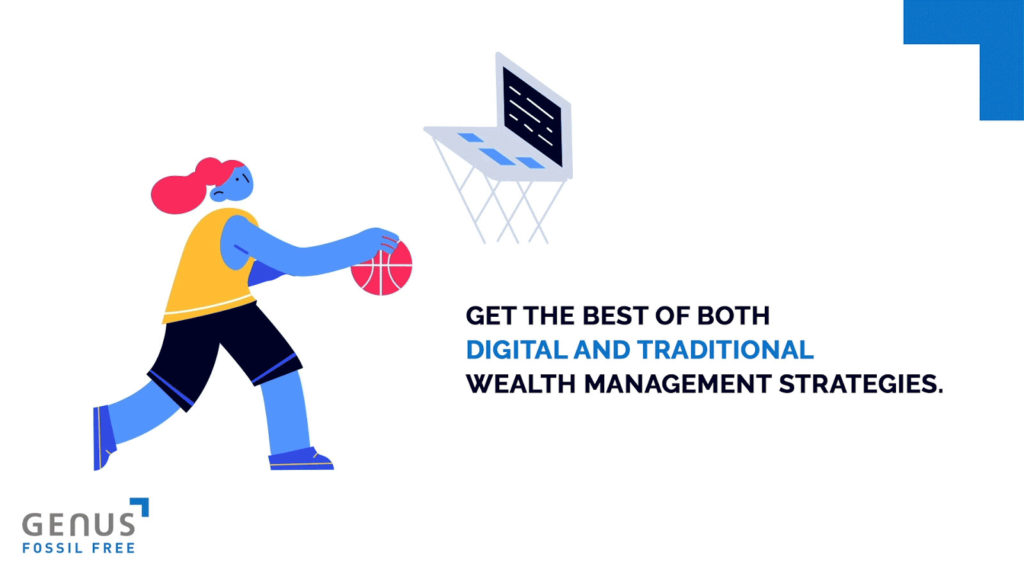
And that’s exactly how we do it at Genus. With a mix of digital interfaces and algorithmic insights, plus traditional touchpoints and personalization, we’re able to deliver the right balance of self-management and expert advice. So you can experience how technology is changing wealth management and still have access to an expert advisor.
In the back-end, we use technology extensively for security selection and asset allocation, both of which are determined based on algorithms we’ve fine-tuned over the past 30 years. “Our algorithms rank factors like value, momentum and quality of the companies we invest in,” Holloway says. “We also use a data-driven process for portfolio construction. Our software knows the correlations between the assets and can make optimizations.”
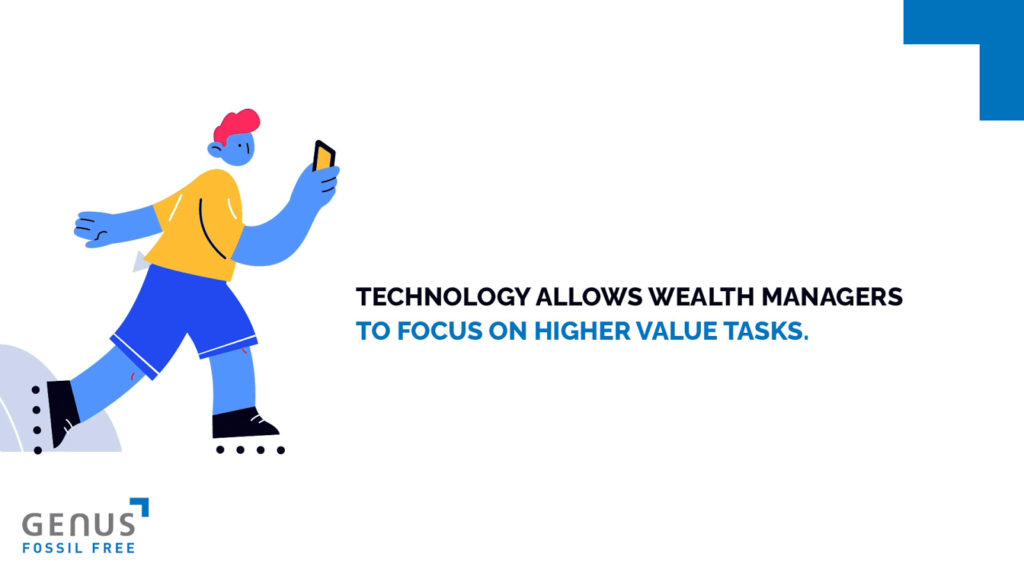
Technology Lets Wealth Managers Focus on What They Do Best
The use of technology frees up time for wealth managers to focus on higher-value tasks like helping clients to achieve their goals — particularly when it comes to ESG investing.
And as technology keeps evolving, more and more benefits will be passed down to investors. “Our relationship might be a little less personal and a little more tech-enabled, but we keep tweaking the balance,” Holloway says, “and the result might be different for every client. Part of my job is to get both sides calibrated to serve you just right.”
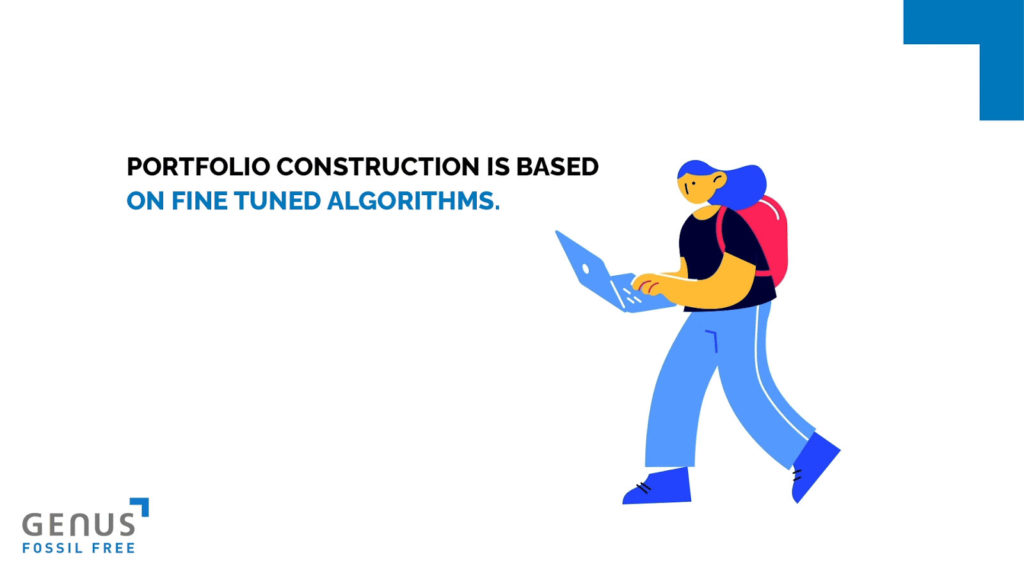
To see how technology is changing wealth management? Sign up for Genus Fossil-Free Investment account and we’ll get in touch to chat about your financial goals.

